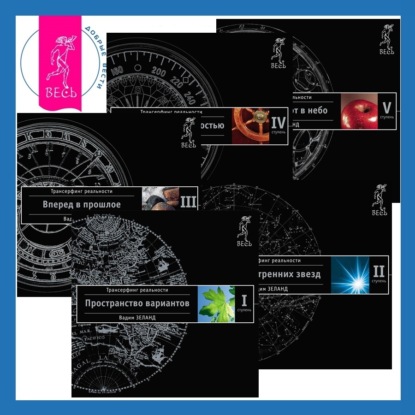High Quality Content by WIKIPEDIA articles! The history of molecular evolution starts in the early 20th century with "comparative biochemistry", but the field of molecular evolution came into its own in the 1960s and 1970s, following the rise of molecular biology. The advent of protein sequencing allowed molecular biologists to create phylogenies based on sequence comparison, and to use the differences between homologous sequences as a molecular clock to estimate the time since the last common ancestor. In the late 1960s, the neutral theory of molecular evolution provided a theoretical basis for the molecular clock, though both the clock and the neutral theory were controversial, since most evolutionary biologists held strongly to panselectionism, with natural selection as the only important cause of evolutionary change. After the 1970s, nucleic acid sequencing allowed molecular evolution to reach beyond proteins to highly conserved ribosomal RNA sequences, the foundation of a reconceptualization of the early history of life. Данное издание представляет собой компиляцию сведений, находящихся в свободном доступе в среде Интернет в целом, и в информационном сетевом ресурсе "Википедия" в частности. Собранная по частотным запросам указанной тематики, данная компиляция построена по принципу подбора близких информационных ссылок, не имеет самостоятельного сюжета, не содержит никаких аналитических материалов, выводов, оценок морального, этического, политического, религиозного и мировоззренческого характера в отношении главной тематики, представляя собой исключительно фактологический материал. Это и многое другое вы найдете в книге History of molecular evolution (Jesse Russel)
History of molecular evolution Jesse Russel (книга)
Подробная информация о книге «History of molecular evolution Jesse Russel». Сайт не предоставляет возможности читать онлайн или скачать бесплатно книгу «History of molecular evolution Jesse Russel»















